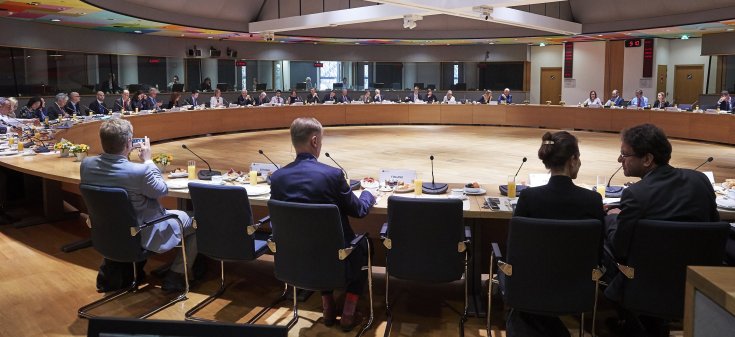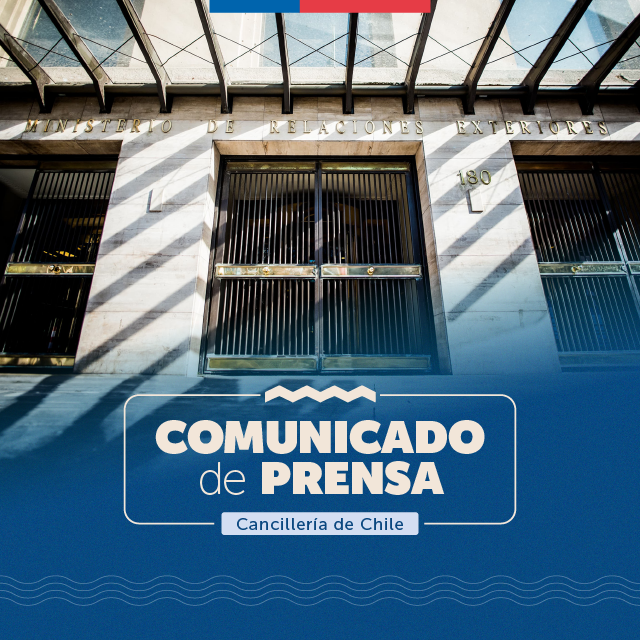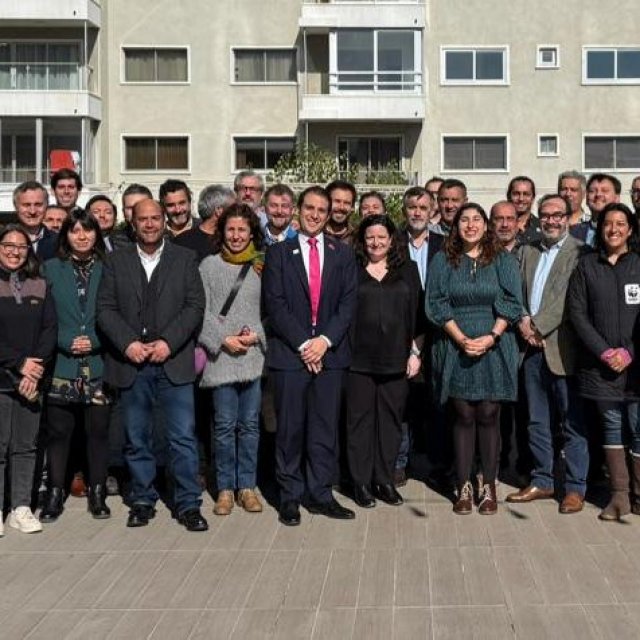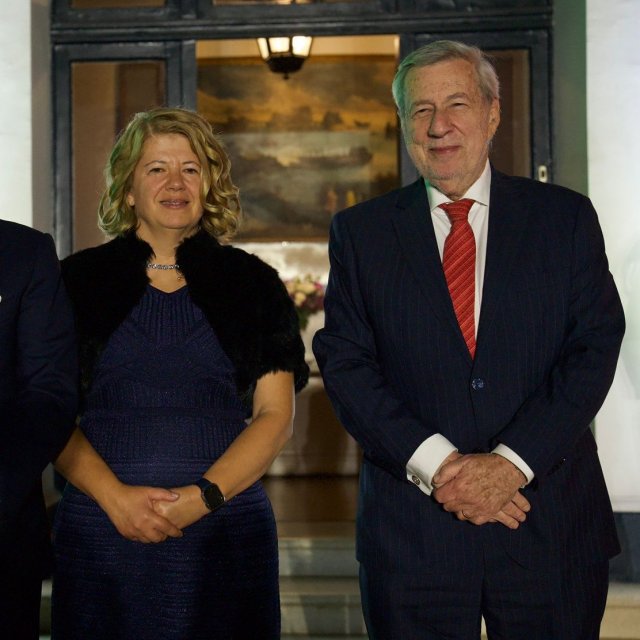Joint statement by the High Representative/Vice-President Federica Mogherini and the Foreign Ministers of the Pacific Alliance

On July 17, 2018, in Brussels, the High Representative for Foreign Affairs and Security Policy/Vice-President of the European Commission, Federica Mogherini, organized a meeting with the representatives of the four countries of the Pacific Alliance: the pro-tempore Presidency of the Pacific Alliance, Chancellor Maria Ángela Holguín of Colombia, Chancellor Roberto Ampuero of Chile, Chancellor Néstor Popolizio of Peru, Undersecretary for Latin America and the Caribbean Luis Alfonso de Alba of Mexico and the Ministers of Foreign Affairs of the 28 Member States of the European Union.
The participants confirmed the willingness of the European Union and the Pacific Alliance to strengthen relations on the basis of common values of democracy, human rights and the rule of law, and a shared vision for open trade and investment and sustainable development.
The two sides agreed on the importance of promoting multilateralism and a rules-based global order, as well as open, transparent and inclusive free trade agreements in line with the World Trade Organization to improve competitiveness and foster sustainable socio-economic development and social inclusion.
Both sides highlighted the convergence between the objectives of the Pacific Alliance to create an area of integration allowing the free movement of people, goods, services and capital and the EU's own experience, which can be shared with partner countries.
The High Representative and the representatives of the Pacific Alliance agreed to establish a Roadmap of specific areas of dialogue, cooperation and mutually beneficial activities in the form of exchange of experiences and information, to draw relevant lessons from each other's integration processes and to promote the objectives of the Pacific Alliance in the following areas:
Trade and investment; Financial integration and regional development funds; Free movement of people; Education and student mobility; SMEs; Digital economy and connectivity; Environment and sustainable growth; Innovation, science and technology; any other area of cooperation mutually agreed by the participants.
To this end, both sides underlined the importance of continuing their contacts with a view to increasing dialogue, deepening relations and concluding a joint declaration in the near future.
Context:
The Pacific Alliance (PA) was launched in 2011 by Chile, Colombia, Mexico and Peru. The four countries that make up the PA comprise a population of about 228 million people, representing 38% of GDP, 59% of total trade and 37% of Foreign Direct Investment in the Latin American and Caribbean region.
On June 6, 2012, the PA was formally established when the Framework Agreement was signed at a Presidential Summit in Antofagasta, Chile. This document instructs the relevant authorities of the signatory countries to establish a range of integration strategies, such as trade, free movement of people, goods, services and capital, conflict resolution, sanitary and phytosanitary measures, academic and cultural exchanges, migration, etc. It also sets out the requirements for the future participation of other countries. It entered into force on July 20, 2015.
In 2014, the four PA members concluded a Free Trade Protocol, which harmonizes and goes beyond existing bilateral agreements. The PA also fosters closer ties in education and innovation, and moves towards a common area of free movement of people. The Free Trade Protocol entered into force in 2016.
The EU has an interest in strengthening relations with PA members due to the commonalities and shared objectives of the two blocs, as well as the dynamic and expanding nature of the Alliance. All PA members have bilateral free trade agreements with the EU, and two of them (Mexico and Chile) are at different stages of the modernization of these agreements.
In light of its priority of supporting regional integration, the EU has offered to share its experience with the PA from the outset. Informal dialogues were initiated in the following areas: i) Trade and investment, ii) Student exchange and cooperation within Erasmus+ iii) Free movement of people iv) Science / Innovation in the EU-LAC Joint Research Area v) SMEs.
The specific cooperation activities carried out so far have demonstrated the possibility of further joint work.
Artículos relacionados
 Lunes, 02 de junio de 2025
Chile y la Unión Europea acuerdan aplicar provisionalmente nueve capítulos del Acuerdo Marco Avanzado
Lunes, 02 de junio de 2025
Chile y la Unión Europea acuerdan aplicar provisionalmente nueve capítulos del Acuerdo Marco Avanzado
 Jueves, 29 de mayo de 2025
Cancillería realiza taller sobre áreas marinas protegidas bajo el Acuerdo BBNJ
Jueves, 29 de mayo de 2025
Cancillería realiza taller sobre áreas marinas protegidas bajo el Acuerdo BBNJ









